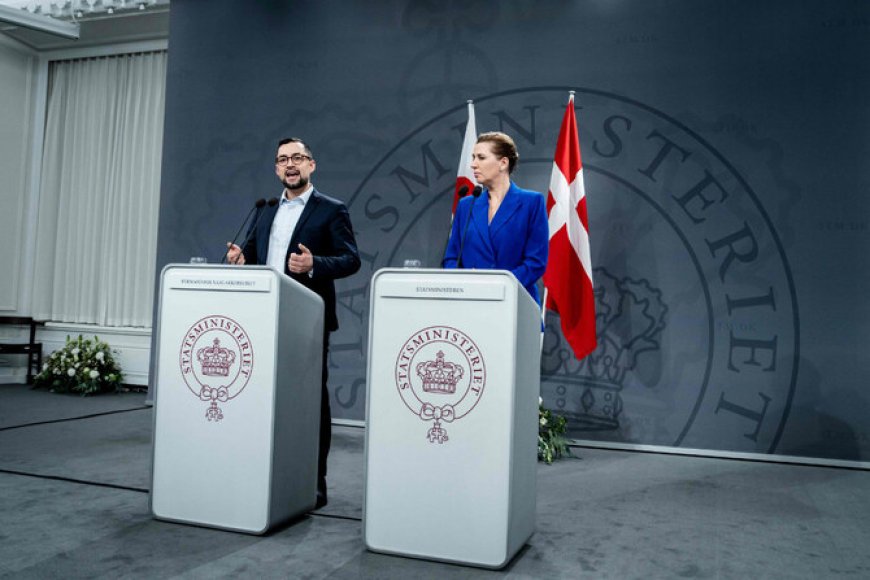Greenland Rejects Trump's Advocacy of American Ownership Amid Strategic Interest
Following comments made by US President-elect Donald Trump regarding perhaps using force or economic pressure to secure Greenland as a US territory, Greenland's prime minister, Múte B. Egede, strongly opposed the idea of his country joining the United States. Egede underlined that although Greenland's strategic position and mineral abundance could help to explain Trump's interest, the island's people are resolved to keep their independence and oppose foreign rule.

Following comments made by US President-elect Donald Trump regarding perhaps using force or economic pressure to secure Greenland as a US territory, Greenland's prime minister, Múte B. Egede, strongly opposed the idea of his country joining the United States. Egede underlined that although Greenland's strategic position and mineral abundance could help to explain Trump's interest, the island's people are resolved to keep their independence and oppose foreign rule.
Egede said in a press conference held in Copenhagen on January 10, 2025, "We do not want to be Danish, we do not want to be American. We want to be Greenlandic. He underlined the significance of national identity for the Indigenous Inuit population, which has long yearned for freedom from Denmark, so reaffirming Greenland's commitment to its autonomy.
Egede also noted Greenland's close proximity to North America, acknowledging US geopolitical interest in the area. Greenland does not wish to be a part of the United States or any other foreign power, he made clear, even although it is open to communication and cooperation. Although he advised more US cooperation, it would be motivated by mutual respect and communication.
Mette Frederiksen, the prime minister of Denmark, also spoke on the matter, characterizing the discussion as a chance for more knowledge of Greenland's strategic relevance. Although Frederiksen underlined Denmark's long support of Greenland's autonomy and acknowledged the complexities of the matter, she underlined that the US still is a close friend.
Trump's remarks, which included the prospect of forcible acquisition of Greenland, have caused worry in Denmark and all over Europe. Although many in the EU are worried about such a strategy, Frederiksen pointed out that the issue has attracted a lot of interest in Greenland's future and might serve as impetus for more in-depth debates on its independence.
Long having a military presence in Greenland, especially via the Thule Air Base, the US has helped with defense since a 1951 treaty. As climate change causes ice to melt, Greenland's abundant natural resources—including oil, gas, and rare earth elements—become more readily available, hence raising the geopolitical relevance.
Greenland, with a population of barely 57,000, is steadfastly committed to preserving its sovereignty even in face of increasing worldwide attention. But the growing foreign focus, especially from the US, emphasizes the careful balance Greenland must find in negotiating its future among conflicting global interests.













































